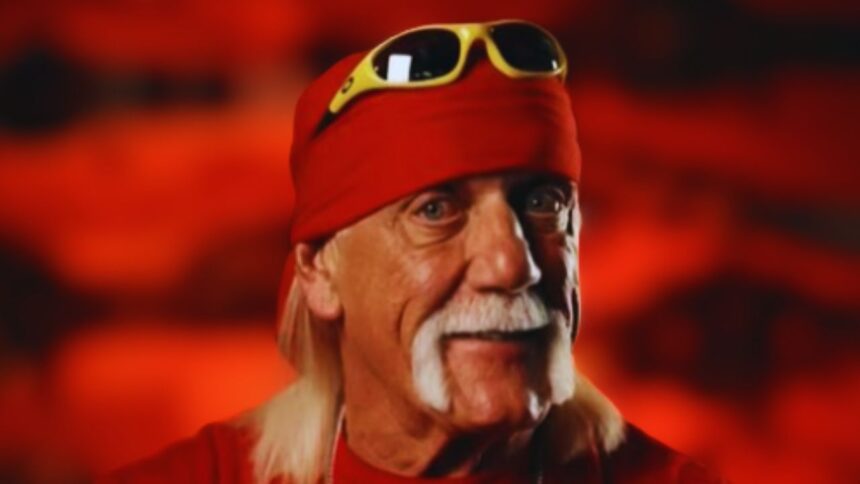The “Who Killed WCW?” docuseries has reignited discussions about the infamous downfall of World Championship Wrestling (WCW). Central to these debates is the role of creative control wielded by its top stars, with Hulk Hogan often spotlighted as a key figure. In a recent episode of his “83 Weeks” podcast, WWE Hall of Famer and former WCW President Eric Bischoff provided an in-depth analysis of Hogan’s creative influence and its implications for the promotion.
Reflecting on the initial stages of Hogan’s WCW tenure, Bischoff recounted the challenging landscape of the promotion in 1994. “WCW had a terrible reputation,” he admitted. “There had never been any successful leadership or direction in WCW up until the point in time when Hulk Hogan signed to become a part of the company.”
Bischoff emphasized that, at the time, he and Hogan were not acquainted, which influenced the nature of their negotiations. Hogan approached the contract discussions with a sense of caution and assertiveness, driven by the precarious position WCW was in and the need to safeguard his established brand. “If you look at the history of WCW prior to 1994, putting your career in the hands of leadership in WCW in ’90, ’91, ’92, ’93 was career suicide,” Bischoff explained. “He didn’t want to commit career suicide; he had value in the Hulk Hogan brand and he wanted to protect it.”
The podcast detailed how Hogan’s creative control was a stipulation from the moment he joined WCW. Bischoff argued that such demands were logical, given the substantial risk Hogan took by aligning with the then-floundering promotion. “Nobody in their right mind who had value as a character, and as a brand, and was doing business outside of wrestling… Why would you ever expect that person not to protect that brand?” he asserted.
Hogan’s arrival in WCW marked a significant turning point for the promotion, injecting much-needed star power and credibility. However, his control over creative decisions also sparked controversy and has been cited by critics as one of the contributing factors to WCW’s eventual demise. Bischoff, while acknowledging the complexities, defended Hogan’s position, framing it as a necessary move to ensure his career and brand remained intact amid WCW’s unstable environment.
Bischoff’s insights offer a nuanced perspective on the broader narrative surrounding WCW’s decline. The creative control exercised by top stars like Hogan was both a boon and a bane, providing immediate star power while also creating long-term management challenges. As discussions around the “Who Killed WCW?” docuseries continue, Bischoff’s commentary sheds light on the intricate dynamics at play during one of wrestling’s most tumultuous eras.
Stephen’s Insight
Eric Bischoff’s reflections on Hulk Hogan’s creative control provide valuable context to the often oversimplified narrative of WCW’s downfall. His insights highlight the delicate balance between leveraging star power and managing internal dynamics, offering a richer understanding of the factors that shaped WCW’s trajectory. As the wrestling community revisits this era, Bischoff’s commentary is crucial in appreciating the complexity of decisions made during a pivotal period in wrestling history.




